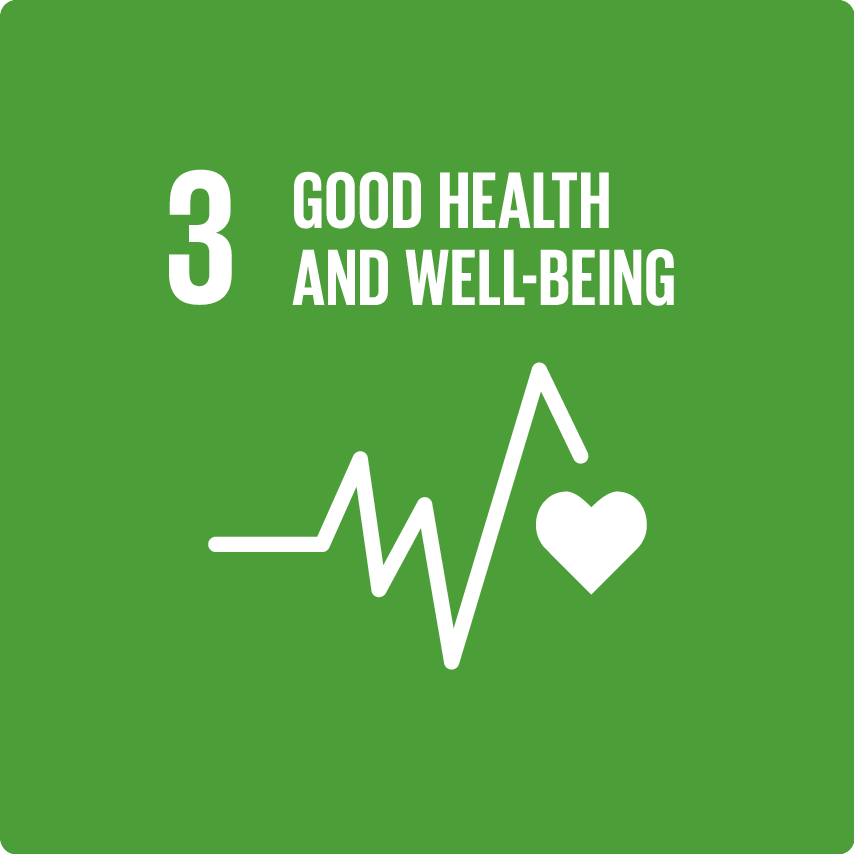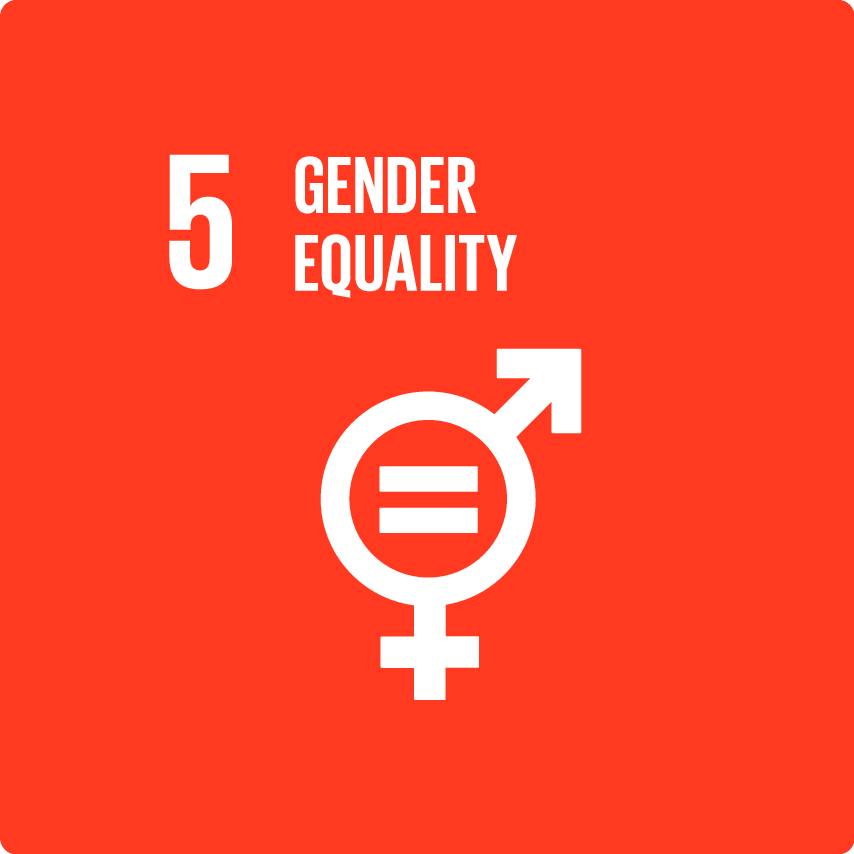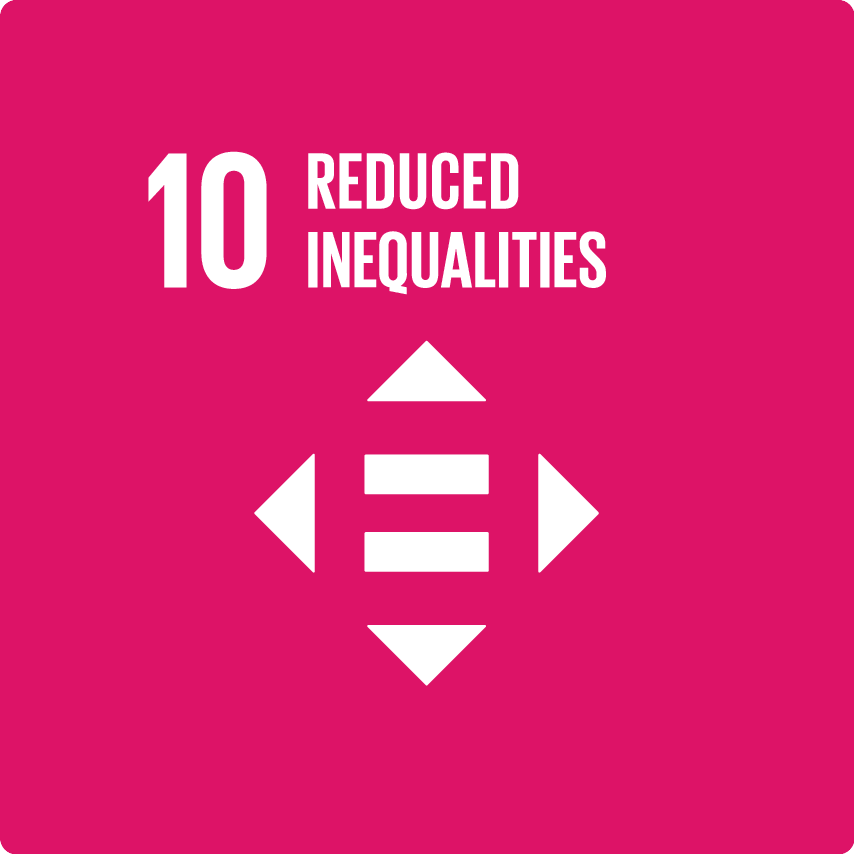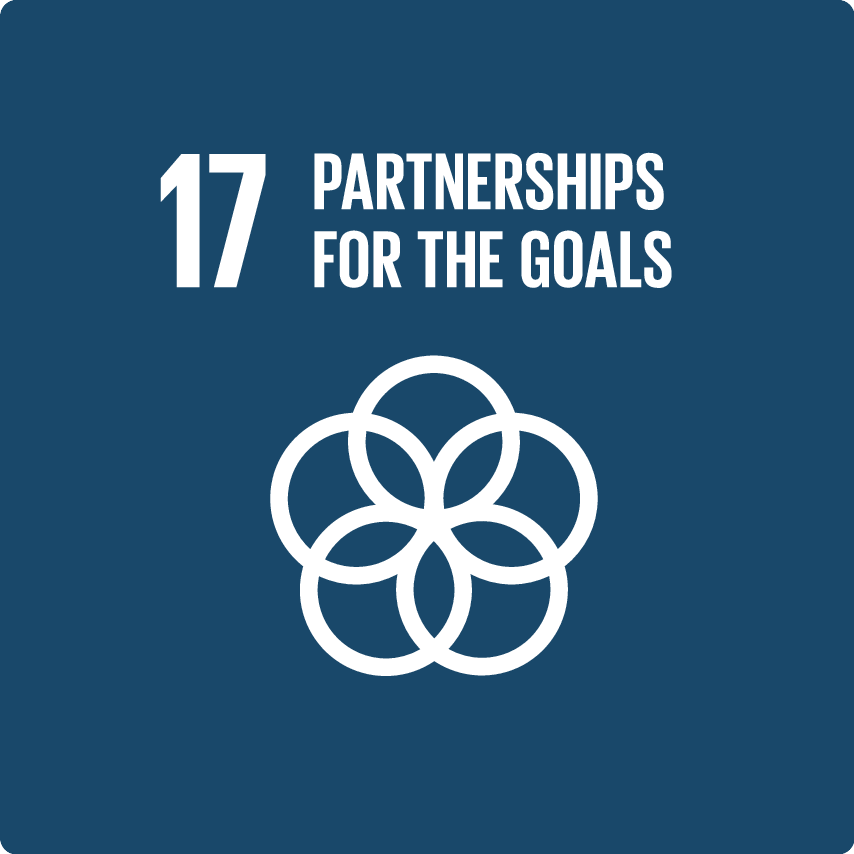Global Health Innovative Technology (GHIT) Fund
Japanese-led initiative aiming to discover and advance the development of new health technologies such as drugs, vaccines and diagnostic for low-and middle-income countries.
SEE ALL PARTNER ORGANIZATIONS
Objectives
Established in 2013, Global Health Innovative Technology (GHIT) is a Japanese-led initiative aiming to discover and advance the development of new health technologies such as drugs, vaccines and diagnostic for low-and middle-income countries.
Globalization and the unprecedented speed of cross-border infection in the 21st century has created the need for a global health strategy. Awareness of common global threats to the health of citizens has increased, and governments understand the need to work together to counteract these threats. Since 2000, the global community has focused on three of the biggest threats to human health – HIV, tuberculosis and malaria. In particular, the eradication of malaria and NTDs is listed as one of the 169 targets linked to the 17 United Nations’ Sustainable Development Goals (SDGs).
The Global Health Innovative Technology Fund (GHIT Fund), is Japan’s first public-private partnership to promote the creation of innovative treatment agents for infectious diseases that affect people in developing countries, such as malaria, tuberculosis, and neglected tropical diseases (NTDs).
The GHIT Fund was established by three key partners: the Government of Japan, the Bill & Melinda Gates Foundation and five Japanese leading pharmaceutical companies: Astellas Pharma, Daiichi Sankyo, Eisai, Shionogi, and Takeda Pharmaceutical. In 2018, there are now 11 full partners.
As the world’s first public-private partnership, GHIT Fund has facilitated research and development for neglected diseases, such as malaria, tuberculosis and NTDs. As antimicrobial resistance is also now a serious global health threat, GHIT supports AMR related projects. The combination of Japan’s government and its drug industry—the third largest in the world—brings Japan’s technology, innovation and insights to the development of drugs, vaccines and diagnostics for the developing world.
Company updates
Mitsubishi
- Joint research with Medicines for Malaria Venture (MMV): The Company provided its pharmaceutical compound library (50,000 compounds) to Medicines for Malaria Venture (MMV), a research institution that focuses on the discovery of new anti-malaria drugs. Three types of promising hit compounds that have the potential to become pharmaceutical products have been identified. In addition, we promoted joint research and from one of these compounds, we acquired two lead compounds as new anti-malaria drug candidates. In April 2019, we will move to the next phase and continue conducting research in collaboration with MMV to create candidate compounds.
- Joint research with Drugs for Neglected Diseases initiative (DNDi): Together with the Drugs for Neglected Diseases initiative (“DNDi”), an international organization involved in non-profit drug development, we began drug discovery research for lead compounds targeting Chagas disease and leishmaniasis in April 2021. MTPC and DNDi have been conducting compound discovery screening for these diseases since September 2019 and succeeded in acquiring nine types of hit compounds. Since the acquired hit compounds fulfilled the criteria for advancing to the lead compound search, the next step in drug discovery, we have set the acquisition of compounds that meet the lead stage criteria as the final goal of the two-year project.
Results and milestones
In 2016, GHIT Fund announced it was investing in a vaccine that could block the transmission of two species of malaria and a rapid fire test that can reveal a malaria infection in a matter of minutes. It is also investing in the development of a new diagnostic test for tuberculosis (TB) by Fujifilm Corporation and Foundation for Innovative New Diagnostics, which can diagnose TB in HIV-positive patients.
In 2015 the GHIT Fund, its members Eisai, Shionogi and Takeda Pharmaceutical, along with partners the Drugs for Neglected Diseases initiative (DNDi) and AstraZeneca began a ground-breaking initiative to accelerate and cut the cost of early stage drug discovery for two of the world’s most neglected diseases, leishmaniasis and Chagas disease.
In 2013 Astellas received a $1.86 million grant to develop and register a new pediatric formulation of the gold standard treatment drug praziquantel to combat schistosomiasis.
In June 2013, with support from the GHIT Fund, Takeda began to work with Product Development Partners (PDPs), including MMV, TB Alliance and DNDi, in a program to screen Takeda’s drug compound library for new candidate compounds that might have the potential to be developed into new drugs for the treatment of infections particularly prevalent in developing countries, such as HIV, tuberculosis, malaria and neglected tropical diseases.
GHIT has provided grants of $5.7 million to six global partnerships developing innovative drugs and vaccines against malaria, tuberculosis and Chagas disease in the first round of request for proposal (RFP) in November, 2013. Another $12 million grants for TB and NTDs were awarded to four innovative projects in the second round of RFP in March, 2014.
Geographic Reach
- Global Commitment
Disease Area
- Infectious and Parasitic Disease
Target Population
- Children
- Youth
- Men
- Women
- People with low incomes
Partner organizations
Biomedical Primate Research Centre
National Center for Genetic Engineering and Biotechnology (BIOTEC), Thailand
University of Pennsylvania
Groupe de Recherche Action en Santé (GRAS)
Kanazawa University
Chemo-Sero-Therapeutic Research Institute
University of Toyama
Broad Institute
Research Institute for Microbial Diseases, Osaka University
Walter and Eliza Hall Institute of Medical Research
Gulu University
Keio University School of Medicine
Kitazato Institute
University of Tübingen (UKT)
Erasmus University
Sabin Vaccine Institute
University of Bonn
Hokkaido University
Kumamoto National Institute of Technology, Kumamoto College
Scripps Research Institute
Farmanguinhos
Harvard University
St. Jude Children's Research Hospital
Institut de Recherche en Sciences de la Santé (IRSS), Burkina Faso
Hospital General de Mexico
Kyoto University
Tokyo Medical and Dental University
International Centre for Genetic Engineering and Biotechnology
High Energy Accelerator Research Organization (KEK)
Structural Genomics Consortium / University of Oxford
Noguchi Memorial Institute for Medical Research
Swiss Tropical and Public Health Institute
Leiden University Medical Center
Toyama Prefectural University
Ifakara Health Institute
Tokyo University
Barcelona Institute for Global Health (ISGlobal)
The Ohio State University
Medical Center for Translational Research Osaka University Hospital
Trustees of Dartmouth College Geisel School of Medicine
Insititute of Tropical Medicine Antwerp
Université Félix Houphouët-Boigny (UFHB) in Ivory Coast
Centre Pasteur du Cameroon (CPC)
Ohio University
Mycetoma Research Center (MRC)
Universidad Autònoma Juan Misael Saracho
International Centre for Diarrhoeal Disease Research, Bangladesh (ICDDR,B)
University of Buea
Asociación Civil Selva Amazónica
Colorado State University
Nagoya University
Universidad de Concepción, Chile (UC)
Johns Hopkins University
University of California, San Diego (UCSD)
Center for Health Promotion and Research (CHPR)
Institut de recherche pour le développement
National Institute of Biomedical Innovation, Health and Nutrition
Universidad Mayor de San Simon
KEMRI-Wellcome Trust Research Program
University of Cambridge
Centre de Recherches Médicales de Lambaréné (CERMEL)
Institut national de la santé et de la recherche médicale (Inserm)
National Institute of Infectious Diseases
Universidad Nacional de La Plata (UNLP)
Liverpool School of Tropical Medicine
University of Dundee
Centre National de Recherche et de Formation sur le Paludisme (CNRFP)
Institute of Microbial Chemistry
National Research Center for Protozoan diseases, Obihiro University of Agriculture and Veterinary Medicine
Universiti Sains Malaysia
London School of Hygiene & Tropical Medicine (LSHTM)
University of Florida
Centro para el Desarrollo de Investigación Científica (CEDIC)
Institute of Physical and Chemical Research (RIKEN)
National Science and Technology Development Agency
University at Buffalo, The State University of New York
Mahidol University
University of Liverpool
Charité –Universitätsmedizin Berlin
Instituto de Nutrición “Salvador Zubirán” México (IN)
Pasteur Institute Côte d’Ivoire
University of Chicago
McGill University
University of Massachusetts
Collective of Applied Studies and Social Development
Instituto Leonidas & Maria Deane
Penn State Hershey Medical Center
University of Copenhagen (UCPH)
Baylor College of Medicine
Muhimbili University of Health and Allied Sciences in Tanzania
University of Melbourne
Ehime University
Jichi Medical University
Research Institute of Tuberculosis
University of Kentucky
Bio21 Molecular Science and Biotechnology Institute
Nagasaki University
University of Minnesota
Fujita Health University
Juntendo University
Teikyo University
University of the Philippines- Manila, Philippines
National Institute of Advanced Industrial Science and Technology, Japan
Japan
Antigen Discovery, Inc.
Biopromic AB
ERADA Technology Alliance Ltd.
AI Biosciences Inc.
Latham BioPharm Group (Latham)
Mologen
Oasis Diagnostics Corporation
Ology Bioservices Inc.
TCG Lifesciences Pvt. Limited
Lygature
Unitaid
UNDP
Coalition for Epidemic Preparedness Innovations (CEPI)
Singapore Immunology Network
Ciencia y Estudios Aplicados Para el Desarrollo en Salud y Medio Ambiente (CEADES)
Drugs and Diagnostics for Tropical Diseases
Hope Commission International
European Vaccine Initiative
US Food and Drug Administration (US FDA)
Medicines for Malaria Venture (MMV)
Aeras Global TB Vaccine Foundation
FIND Diagnostics
Global Alliance for TB Drug Development (TB Alliance)
Malaria No More
Mundo Sano
PATH
Drugs for Neglected Diseases initiative (DNDi)
Gennova Biopharmaceuticals
InBios International, Inc.
VLP Therapeutics
SimCyp
Klinikum rechts der Isar der Technischen Universität München, Department of Neurology, (MRI)
Platform of Integral Care for Patients with Chagas Disease
Raoul Follereau Institute Côte d’Ivoire
Wellcome Trust
Bill and Melinda Gates Foundation
SCI Foundation (SCI)
Geographic Reach
Global Commitment
Disease Area
Infectious and Parasitic Disease
- Drug-Resistant Infections (AMR)
- Malaria
- Neglected Tropical Diseases (NTDs)
- Chagas Disease
- Dengue and Chikungunya
- Mycetoma, chromoblastomycosis and other deep mycoses
- Tuberculosis



